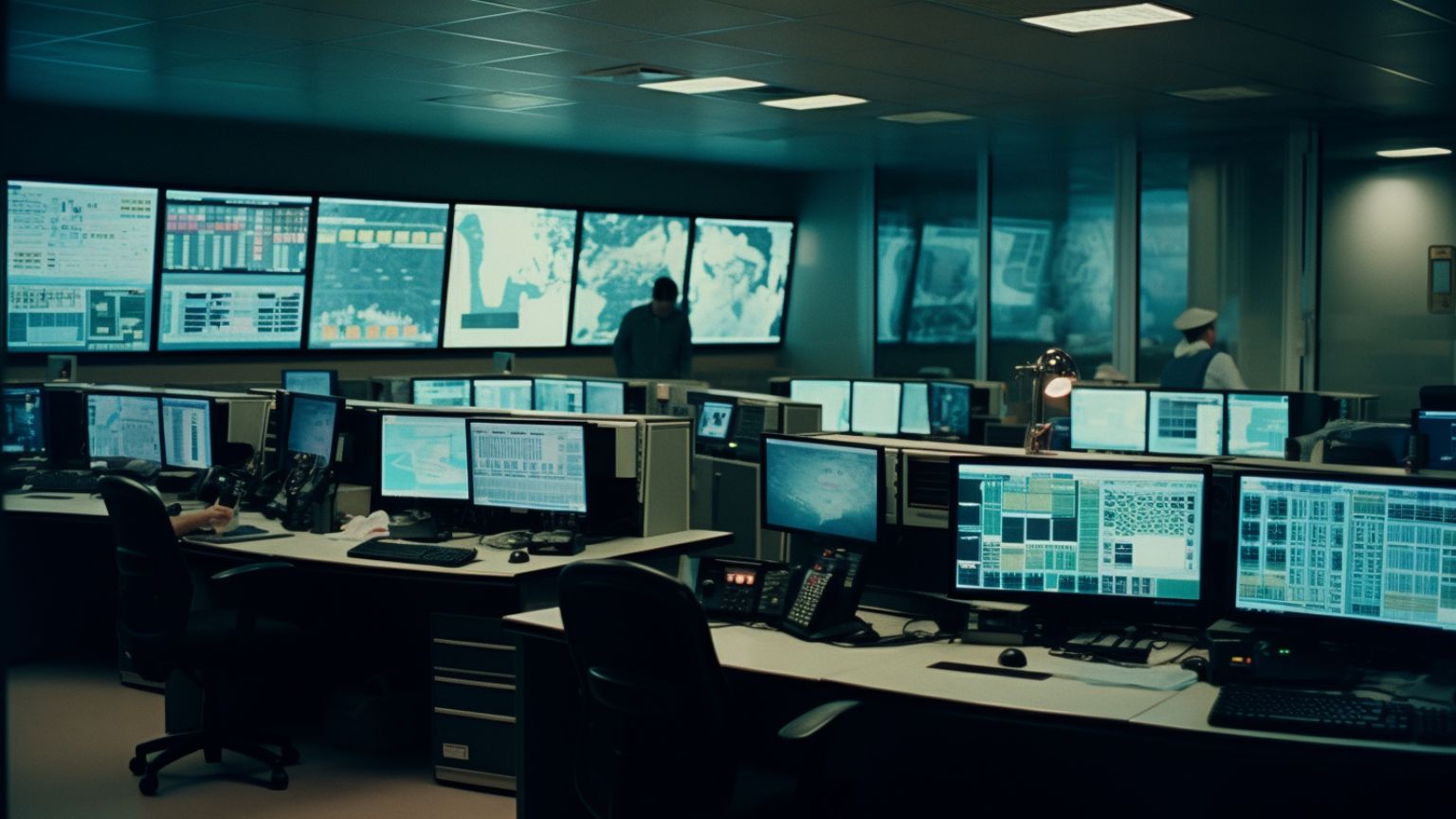In a recent address, a high-ranking MI5 official disclosed plans to incorporate artificial intelligence technologies into their counter-terrorism strategies, causing a stir among privacy advocates and defenders of online freedom. Outlined in a June lecture, these initiatives include not only AI applications that transcribe intercepted audio into text for analysis but also those detecting violent imagery in data streams, potentially flagging individuals exposed to extreme graphic content.
Once a laborious and time-consuming activity, manual transcription of monitored phone calls and bugs has traditionally involved hundreds of staff members, recounted the official. Rather than preserving this age-old but manpower-intensive surveillance method, the agency seeks to automate the transcription of audio into searchable text. In freeing up operatives from foundational tasks, MI5 hopes to intensify the focus on yielding valuable intelligence insights, The Telegraph reports.
The official acknowledged the inadequacy of available commercial speech-to-text solutions to MI5’s intricate requirements. In response, the agency’s data scientists have embarked on the design, creation, and real-time improvement of machine learning models. By leveraging this symbiosis of mathematics, computer science, engineering, and human expertise, the agency expects a significant productivity surge, using AI to decipher secrets and mysteries.
The speaker also touched on the deployment of AI in image analysis to gauge the potential risks of individuals trending toward radicalization. For instance, monitoring whether participants in extremist online platforms are also viewing violent scenes like beheadings could be potentially indicative of the risk they pose. The same AI technology is designed to filter out irrelevant content such as sports footage, focusing only on violent material within large data streams.
However, the effort to predict potential threats through online behavior raises profound questions about internet censorship and freedom of speech. Observing online activities, including the viewing choices of individuals, arguably impinges on digital rights. The ongoing debate likely hinges on striking the right balance between ensuring national security and preserving individual privacy, a challenge that continues to twist in the digital age.
Moreover, the introduction of these measures signals an escalating move towards automation in the fight against terror. Yet, as AI technologies advance, so do concerns about how they might infringe on our online freedoms.













